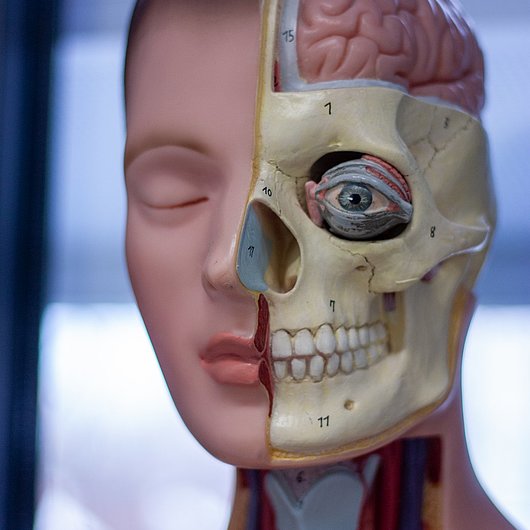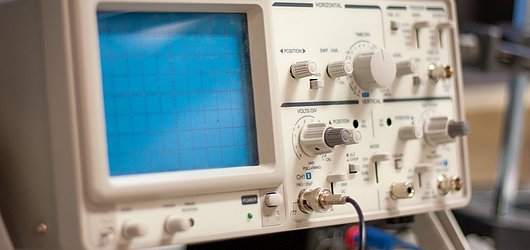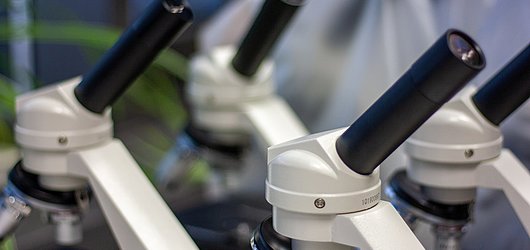"Science seeks to establish general rules which determine the reciprocal connection of objects and events in space and time. For these rules or laws of nature general validity and validity without exception are required - not proven" (Quote from Albert Einstein)
In the Natural Sciences at the European School, pupils learn about scientific ideas and how they apply to the world in and around us. Pupils study Integrated Sciences (SCI) from year 1 of Secondary School. They explore events and phenomena of everyday life and, with the help of experiments, learn basic scientific processes and approaches.
In this way, a foundation is laid for the three traditional sciences - Biology, Chemistry and Physics (see below) - which are studied as separate courses from year 4. In each of these disciplines, pupils gain a general insight into the particular subject. As well as gaining factual knowledge of the listed topics on the curriculum, they learn about methods of scientific study and the evaluation of scientific ideas and their limitations.
Thus, the pupils can gain a detailed picture of the individual Natural Sciences so that they are in a good position to choose which subjects they would like to study for the European Baccalaureate in years 6 and 7. Opportunities are given for project work which allows pupils to learn to take on the role of a scientific researcher and they have the possibility of taking part in the European Schools Science Symposium.
Biology literally means the study of life and is a very diverse subject. Pupils learn that there are many levels of organisation from the molecules of life up to the whole biosphere. Pupils study the organic molecules that make up living organisms (biochemistry), cells and their components (cytology), and the functioning of whole organisms (physiology). Other important areas of study include the interactions of organisms with each other their environment (ecology) and the evolution of organisms over millions of years (evolution). The contemporary study of Biology is an exciting intellectual adventure, which reflects the dramatic developments of biological concepts and methods of study over the last 60 years and which are comparable to those in the physical sciences in the first half of the 20th century. Pupils may choose Biology in year 6 either as a 4 period course leading to the Baccalaureate or the 2 period course which is compulsory for pupils who have no other science courses. A 2 period laboratory course is offered which allows pupils to develop a good range of useful practical skills.
In the 4th year, pupils commence their study of Chemistry as a separate subject with 2 periods per week. They are taught in modern, well equipped laboratories where they learn theoretical concepts about the behaviour of substances and have the opportunity to carry out a range of practical investigations in small or larger groups which complement the theoretical work. In year 6, pupils may choose the 4 period option course which leads to the Baccalaureate. In addition, pupils may choose the two period complementary laboratory course in which experimental work is the focus.
Physics is the fundamental science, it tries to describe the working of the world around us, from the smallest subatomic particles to the structure of the universe itself, using simple rules. All our knowledge comes from, and is tested by, observation and experiment. Much of the technology which enriches our lives, from cars to computers, is created using our knowledge of Physics. In the European School, Physics is a compulsory two period subject in S4 and S5, and is a four period option in S6 and S7. A two period Physics Laboratory course is offered in S6 and S7.



